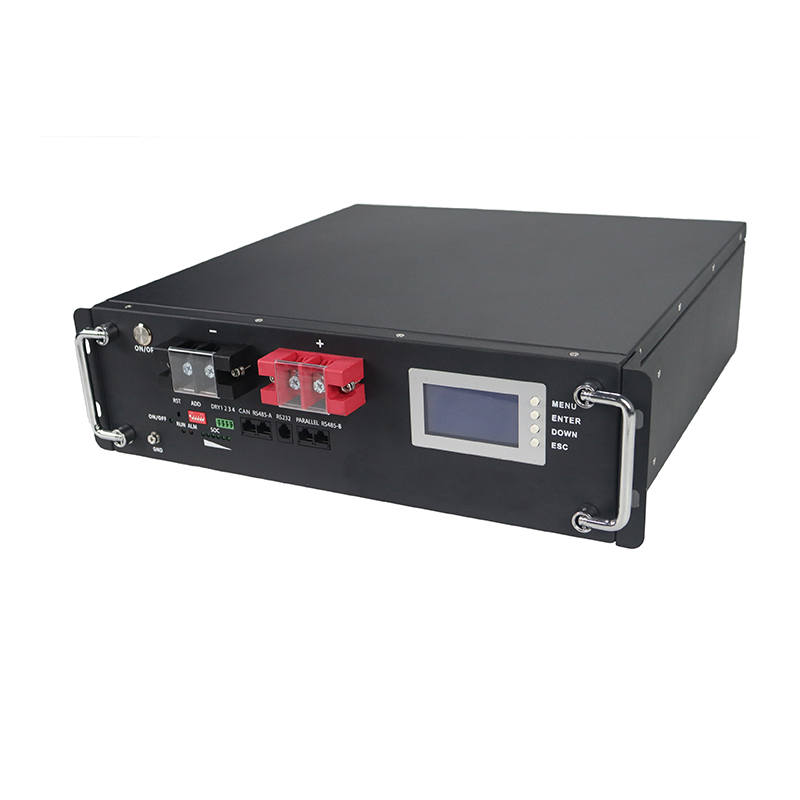How to Extend the Lifespan of Your Forklift Battery: Essential Tips and Best Practices
How to Extend the Lifespan of Your Forklift Battery
Table of Contents
1. Introduction
2. Understanding Forklift Batteries
3. The Importance of Battery Maintenance
4. Best Charging Practices to Extend Battery Life
5. Daily Usage Tips for Forklift Operators
6. Environmental Factors Affecting Battery Longevity
7. Troubleshooting Common Battery Issues
2025-11-01

How to Extend the Lifespan of Your Forklift Battery
Table of Contents
- 1. Introduction
- 2. Understanding Forklift Batteries
- 3. The Importance of Battery Maintenance
- 4. Best Charging Practices to Extend Battery Life
- 5. Daily Usage Tips for Forklift Operators
- 6. Environmental Factors Affecting Battery Longevity
- 7. Troubleshooting Common Battery Issues
- 8. Frequently Asked Questions
- 9. Conclusion
1. Introduction
Forklifts are indispensable tools in various industries, serving as the backbone of material handling operations. Central to their efficiency is the forklift battery, which powers these machines. However, the longevity of a forklift battery is not guaranteed; it requires conscious effort and a strategic approach to maintenance and usage. In this article, we will explore effective strategies to extend the lifespan of your forklift battery, ensuring optimal performance and cost-effectiveness.
2. Understanding Forklift Batteries
Before diving into maintenance practices, it’s essential to understand the types of forklift batteries available. Generally, there are two common types used in forklifts:
2.1 Lead-Acid Batteries
Lead-acid batteries are the traditional choice for forklifts. They are known for their reliability and cost-effectiveness. However, they require regular maintenance, including watering and equalization.
2.2 Lithium-Ion Batteries
Lithium-ion batteries are a newer technology that offers several advantages, including faster charging times and lower maintenance requirements. They are more expensive upfront but can save costs in the long run due to their longer lifespan and efficiency.
Understanding the type of forklift battery in use will help tailor your maintenance approach effectively.
3. The Importance of Battery Maintenance
Regular maintenance is crucial for maximizing the lifespan of your forklift battery. Neglecting maintenance can lead to reduced performance, increased costs, and premature failure. Key maintenance practices include:
3.1 Regular Inspections
Conduct routine inspections to check for signs of wear and tear. Look for corrosion, loose connections, and electrolyte levels.
3.2 Cleaning
Keep the battery terminals clean to ensure proper conductivity. Dirt and grime can lead to electrical resistance and decreased battery efficiency.
4. Best Charging Practices to Extend Battery Life
Charging practices significantly impact battery longevity. Implement the following strategies:
4.1 Avoid Deep Discharge
Deep discharging can severely damage lead-acid batteries. Aim to recharge the battery when it reaches 20-30% of its capacity, rather than allowing it to discharge completely.
4.2 Follow a Proper Charging Schedule
Create a consistent charging schedule to optimize battery health. Avoid frequent interruptions during the charging cycle, as this can lead to incomplete charging.
4.3 Use a Quality Charger
Investing in a high-quality charger specifically designed for your battery type will ensure optimal performance and minimize the risk of overcharging.
5. Daily Usage Tips for Forklift Operators
Operator habits play a significant role in the health of the forklift battery. Here are some best practices for daily usage:
5.1 Training and Awareness
Ensure that operators are well-trained in battery care and usage. Educate them on the importance of optimal loading practices to prevent unnecessary strain on the battery.
5.2 Monitor Load Weight
Overloading can cause the battery to work harder, leading to faster degradation. Always adhere to the manufacturer’s load specifications.
5.3 Reduce Idle Time
Minimize idle time to conserve battery power. Encourage operators to turn off the forklift when it is not in use.
6. Environmental Factors Affecting Battery Longevity
The environment in which the forklift operates can significantly affect battery performance and lifespan. Consider the following factors:
6.1 Temperature Extremes
Extreme temperatures can impact battery efficiency. Ideally, forklift batteries should operate in moderate temperatures. Extremely hot or cold environments can lead to reduced capacity and increased wear.
6.2 Humidity Levels
High humidity can lead to corrosion, while low humidity can cause electrolyte evaporation in lead-acid batteries. Maintain a balanced environment to protect your investment.
7. Troubleshooting Common Battery Issues
Identifying and addressing battery issues promptly can prevent costly repairs and replacements. Common issues include:
7.1 Slow Charging
If the battery takes longer to charge than usual, it may indicate a problem with the charger or the battery itself. Check connections and consult a professional if necessary.
7.2 Reduced Runtime
A sudden decline in the runtime of your forklift can be a sign of a failing battery. Regularly monitor performance to catch these issues early.
8. Frequently Asked Questions
8.1 How long should a forklift battery last?
The lifespan of a forklift battery varies based on usage and maintenance but typically ranges from 5 to 7 years for lead-acid batteries and up to 10 years for lithium-ion batteries.
8.2 Can I overcharge my forklift battery?
Yes, overcharging can damage a forklift battery, leading to reduced capacity and lifespan. Always use a charger designed for your battery type.
8.3 What is the best way to maintain a lead-acid battery?
Regular watering, cleaning terminals, and following a proper charging schedule are essential for maintaining lead-acid batteries.
8.4 How do I know when to replace my forklift battery?
Signs include significantly reduced runtime, slow charging, and physical damage. Regular monitoring and performance assessments can help determine when replacement is necessary.
8.5 Are lithium-ion batteries worth the investment?
While more expensive initially, lithium-ion batteries often provide longer lifespans and lower maintenance needs, making them a cost-effective option in the long run.
9. Conclusion
Extending the lifespan of your forklift battery requires a combination of proper maintenance, optimal usage practices, and environmental considerations. By following the detailed strategies outlined in this guide, you can ensure your forklift operates efficiently, reduce costs associated with battery replacements, and ultimately enhance productivity within your operations. Prioritizing battery care will not only benefit your equipment but also contribute to a more sustainable and efficient working environment.
Key words:
Previous:
Related News


